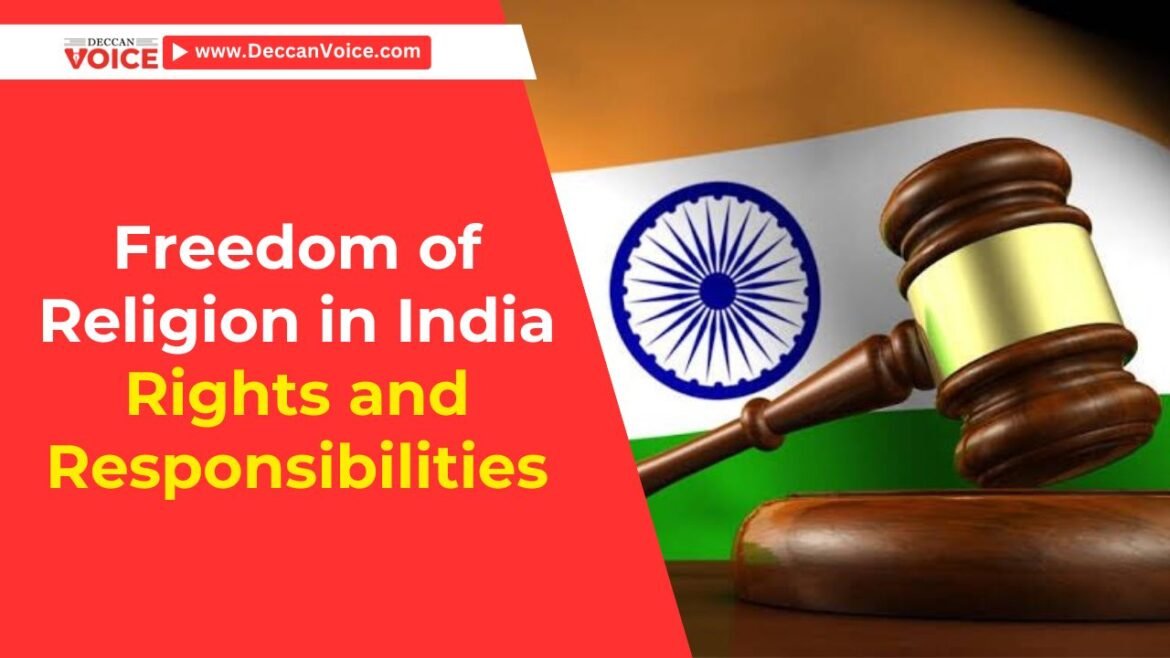India’s Constitution guarantees its citizens the right to practice, preach, and propagate their religion under Article 25. This fundamental right allows individuals the freedom to choose their faith and change their religious beliefs if they so desire, as part of the broader framework of freedom of choice and personal liberty.
Constitutional Provisions
Article 25 of the Indian Constitution ensures that every citizen has the freedom to profess, practice, and propagate their religion. This provision underscores the secular nature of the Indian state, where the government does not favor any particular religion and individuals can freely follow their spiritual paths. The ability to propagate one’s religion includes sharing religious beliefs and converting others, provided it is done voluntarily and without coercion.
Freedom to Choose and Convert
The right to convert voluntarily is a significant aspect of religious freedom. If an individual finds solace in another faith and wishes to convert, they are constitutionally protected in doing so. This freedom of choice is fundamental to personal liberty and aligns with the democratic values of the nation. However, this right comes with the caveat that conversions must be free of force, fraud, or inducement.
Issues of Forced Conversions
While the Constitution protects voluntary conversions, forced conversions are illegal and unethical. Instances of coercion, such as mobs compelling individuals to chant religious slogans like “Jai Shri Ram,” contravene the principles of religious freedom. These acts are often carried out by extremist elements and do not reflect the inclusive and diverse ethos of India.
The Role of the Judiciary and Law Enforcement
Indian law enforcement agencies and the judiciary play crucial roles in upholding these constitutional rights. They must ensure that individuals are free to practice and propagate their faith without fear of violence or intimidation. Laws against forced conversions are in place to protect the religious freedom of all citizens and maintain communal harmony.
Conclusion
India’s constitutional framework strongly supports the freedom of religion, allowing individuals to practice, preach, and allows individuals the freedom to choose their faith. While this right is fundamental, it must be exercised without coercion or force, respecting the personal liberty and dignity of every individual. Upholding these principles is essential for maintaining India’s secular and democratic fabric.
For more detailed information, you can visit India’s Constitution.



